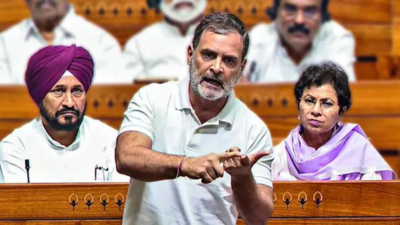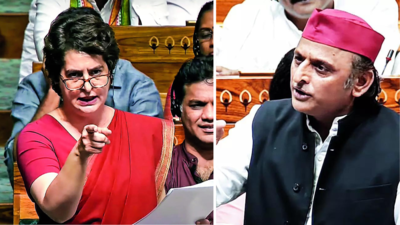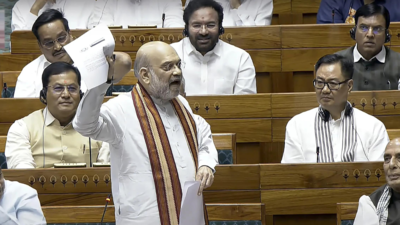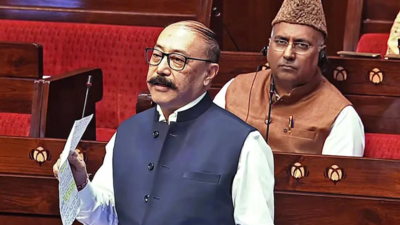Govt throws open IITs for students from gurukuls; offers fellowships of upto ₹65k a month in 18 fields | India News

NEW DELHI:
Students who have studied in traditional gurukuls, even without formal academic degrees, will now have the opportunity to earn recognised qualifications and receive generous scholarships for research at premier IITs. The move marks a major shift in India’s education policy, opening up elite research pathways for scholars from non-formal backgrounds rooted in classical learning.The initiative, titled ‘Setubandha Vidwan Yojana’, aims to bridge India’s age-old gurukul tradition with modern scientific and academic inquiry. Backed by the ministry of education and implemented by the Indian Knowledge System (IKS) division of the Central Sanskrit University (CSU), the scheme offers fellowships of up to Rs 65,000 per month across 18 interdisciplinary fields — from ayurveda to cognitive science, andarchitecture to political theory, grammar to strategic studies, performing arts to mathematics, physics, and health sciences.“Setubandha is the first national-level programme to formally integrate traditional scholars into the research ecosystem of IITs, without insisting on conventional degrees. Instead, eligibility is based on a minimum of five years of rigorous study in a recognised gurukul and demonstrable excellence in Shastras or traditional knowledge,” said a senior MoE official. The maximum age to apply is 32 years.Scholars selected under Category 1 (equivalent to postgraduate level) will receive a monthly fellowship of Rs 40,000 and an annual research grant of Rs 1 lakh. Those under Category 2 (equivalent to PhD level) will be awarded Rs 65,000 monthly and an annual grant of Rs 2 lakh. Some of the recognised research areas include Anvikshiki Vidya (philosophy and cognitive science), Ganit-Bhaut-Jyotish Vidya (mathematics, physics, astronomy), and Bhaishajya and Arogya Vidya (Ayurveda and health sciences).The scheme marks a significant institutional recognition of traditional knowledge systems, which for decades have operated outside formal academic structures. The NEP 2020 explicitly calls for the integration of Indian Knowledge Systems (IKS) into mainstream curricula and research, encouraging cross-disciplinary studies rooted in the country’s intellectual heritage. With increasing global interest in ayurveda, yoga, Sanskrit linguistics, and indigenous governance systems, the govt sees this initiative as a way to empower traditional scholars and harness centuries-old wisdom for modern applications in science, technology, and social policy.




